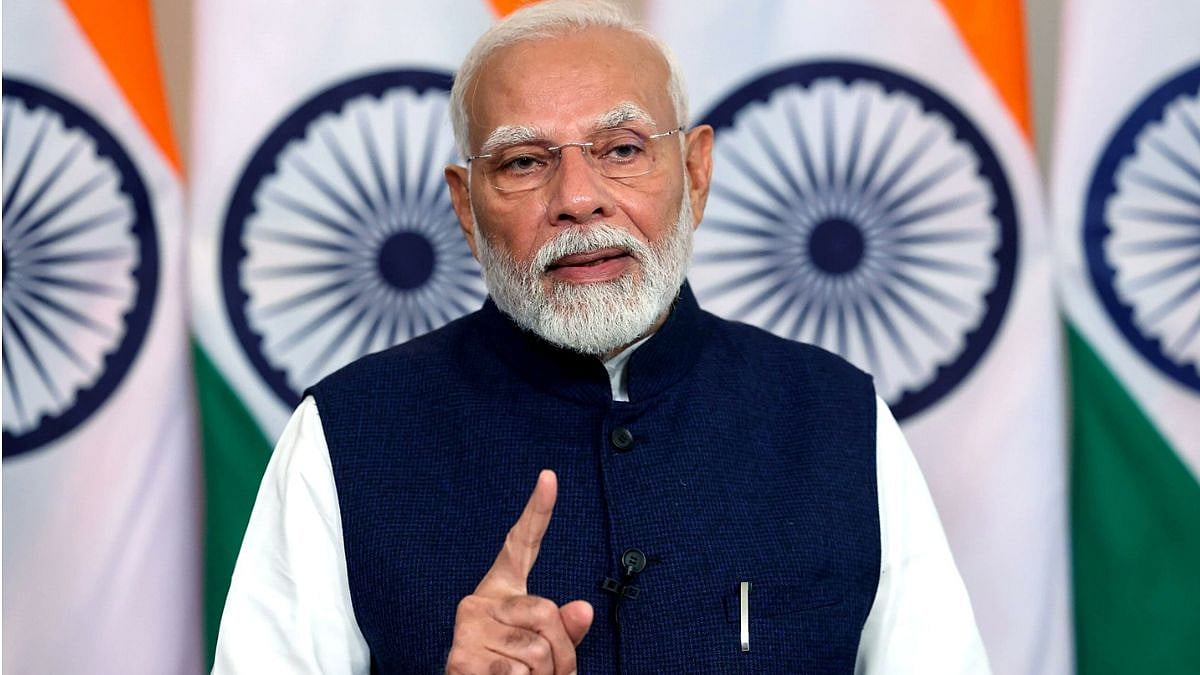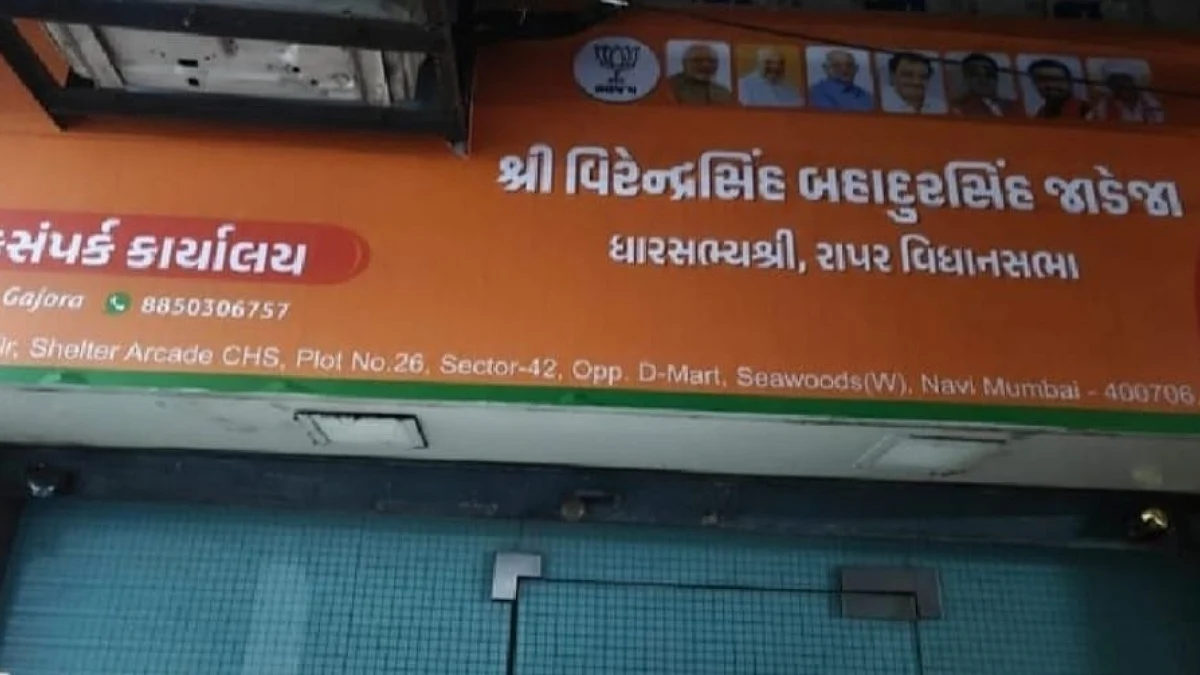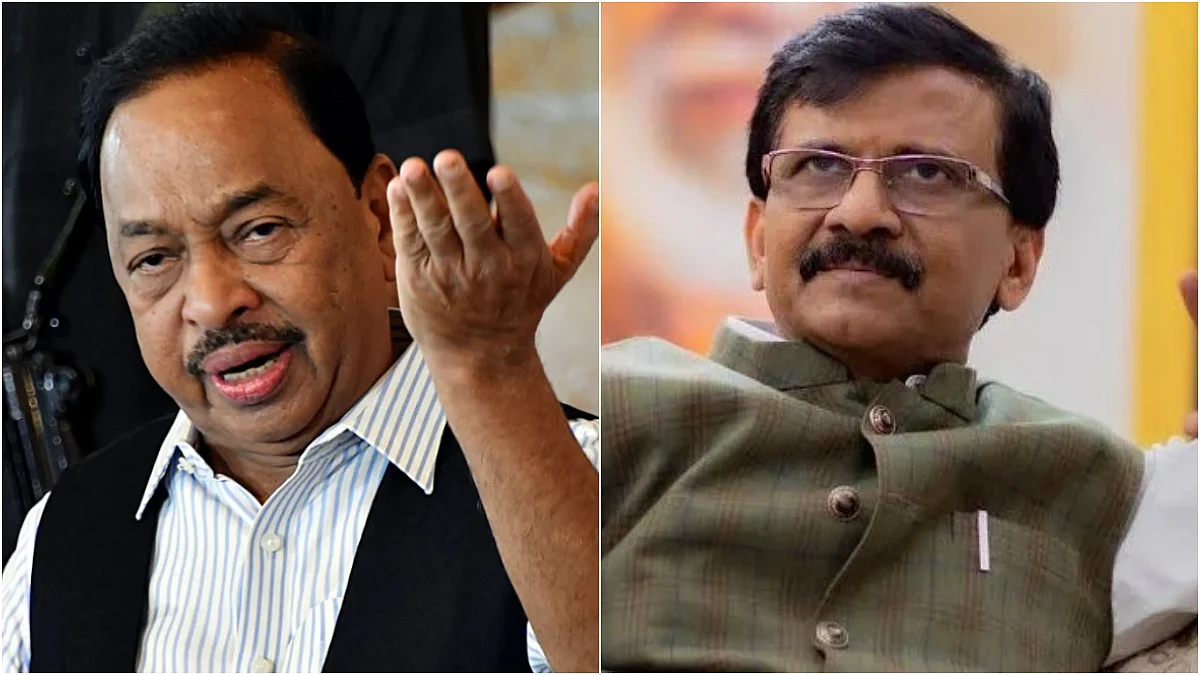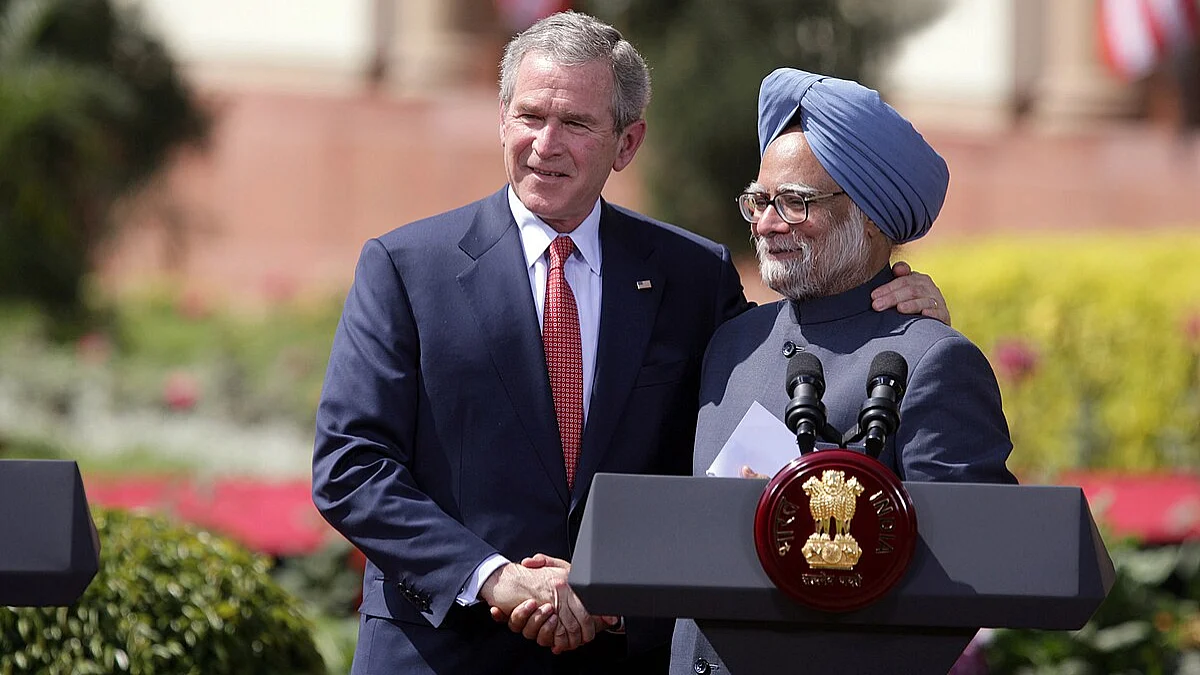India is described as a “Union of States” in its Constitution. This indicates that the central government and state governments have separate spheres of authority. It is thus, concerning that the Bharatiya Janata Party (BJP)-led central government recently passed an ordinance to establish the National Capital Civil Service Authority, rejecting the decision of the five-judge Constitution bench headed by Chief Justice of India DY Chandrachud.
The central government and Parliament have the power to overturn any decision made by the Supreme Court and it is crucial to highlight that at the outset. This ordinance must be subjected to legal review, so keep an eye out for it. However, it should go without saying that this is not the first time the central government has attempted to get involved in a state-related issue. It is also pertinent to note that the BJP government is not the only one in India's history to have tried to play with federalism. The example of Emergency by former Prime Minister Indira Gandhi is a prime example of how ruling regimes have always tended to disrespect the federal structure. But here the discussion is with respect to today's situation.
Hear the BJP's defence: Since Delhi is both a Union territory and the country's capital, the central government must have oversight over some matters pertaining to the state. The Supreme Court's decision made it clear that the Delhi assembly and the elected state government should have complete authority over all areas of governance, with the exception of law and order and land. Who would have the power to transfer officials of Delhi was the central question in the Supreme Court's ruling, and the top court decided that it should be with the elected government rather than the Lieutenant Governor, who serves as the central government's representative. The administration of the Aam Aadmi Party, led by Arvind Kejriwal, fought hard to gain control of the administrative services division, which handles official transfers and postings.
According to the ordinance passed by the central government, the National Capital Civil Service Authority will be led by the Delhi Chief Minister and will include the chief secretary and the principal secretary for home. The ordinance mandates that this committee make all decisions pertaining to the transfers and postings of IAS and DANICS officers, with the majority vote being the deciding factor. This makes it abundantly evident that Kejriwal, Delhi's elected chief minister, will never get his way.
This shows total disdain for both India's federal system and the elected chief minister. The fundamental framework of the Indian Constitution includes the federal structure of our nation. Legal analysis will decide whether or not this ordinance represents a clear attack on the fundamental principles of the Constitution and, thus, whether or not such a constitutional change is unlawful. However, this is not the first instance in which the constitutional framework has been directly meddled with by the central government.

In the many states where the opposition is in power, the central government frequently intervenes in various ways. For instance, the central government responds to every other issue in West Bengal by either sending teams to investigate or sending officials to do surveys. The BJP's Bengal state unit petitions the court for a central investigation in any law and order matter. As a result, half of the investigations fall under the purview of central agencies. The allegation is that this happens because Bengal is led by the Trinamool Congress.
The recent Supreme Court verdict on the Maharashtra government also indicates how the central government has been using governors to interfere in the work of state governments and even to play a crucial role in overturning governments. From Kerala to Tamil Nadu, Telangana, Punjab, West Bengal, and Chhattisgarh, in every opposition-ruled state, the ruling parties have alleged interference by the Centre, which diminishes the federal structure.

The BJP has won two resounding victories in a row in the national legislature. However, authority should always be accompanied by obligations. The diversity in every aspect of Indian democracy is what makes it so beautiful. However, the diminishing federal structure of Indian democracy casts a shadow over such diversity.
The central government, which is run by the BJP, has allegedly grown more authoritarian, according to opposition political parties in India. The onslaught on federalism will only show how powerful the BJP government is growing. The federal system should prevail in order to preserve India's democracy. Each state has unique issues and solutions. The federal government must permit each state to operate independently.
In terms of Delhi, it is common knowledge that a state government cannot run effectively if its officials are not answerable to the people who were elected to office. The elected officials make decisions about what happens. However, it is the responsibility of the officials to carry out and build the framework of such a policy.
India needs robust state governments with independence. No government is ever in place forever and it is risky to meddle with federalism in this way. It is also important to highlight that the administration has taken a highly unusual action by overriding the Supreme Court's ruling. This blatantly undermines the Supreme Court's authority. This is not contempt, but if such pretences come to be accepted, India's democracy will be in grave danger.
Whether it was necessary to intervene in this case by overturning the judgement is the point at hand. Most likely, the response will be unfavourable. The smooth operation of both the federal and state governments is the duty of each quarter. The most recent elections in Karnataka is proof that voters will express their displeasure with an elected government's performance at the ballot box. It sends the wrong message to the people if the federal structure is choked and state governments are unable to function.
It is necessary to review the central government's strategies with regard to India's federalism. It is important to ask why the Centre is so active in meddling in state affairs. It is up to the populace to decide whether such actions help or hurt the ruling party. Meddling with federalism weakens democracy, which will result in an irreparable loss.
The writer is a doctoral research scholar in media and politics. He tweets @sayantan_gh. Views expressed in this article are personal.












